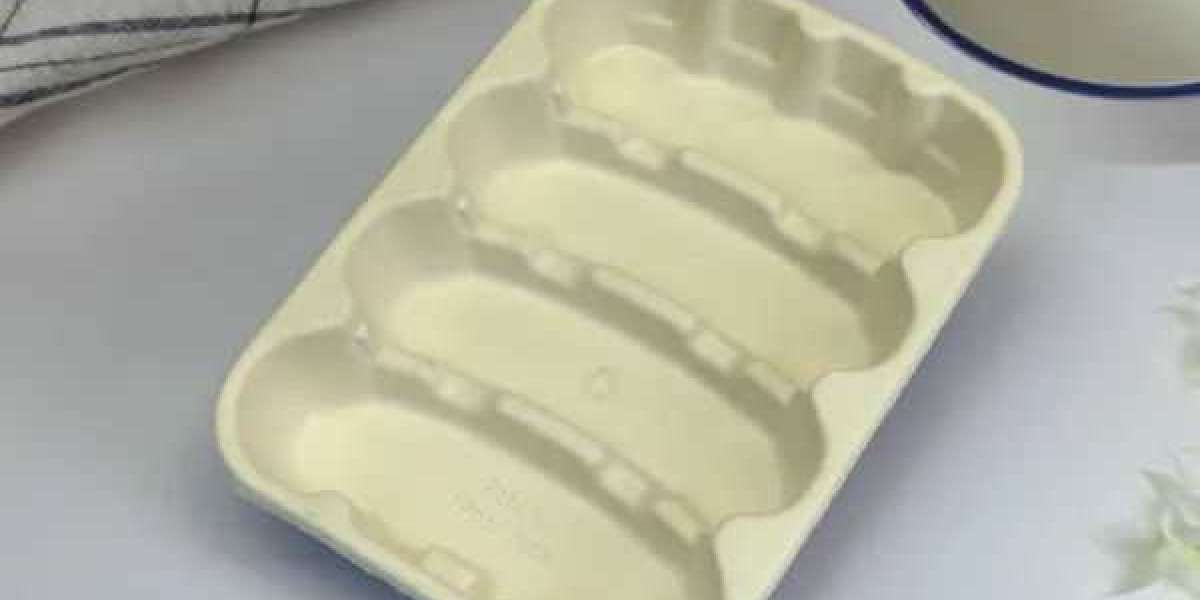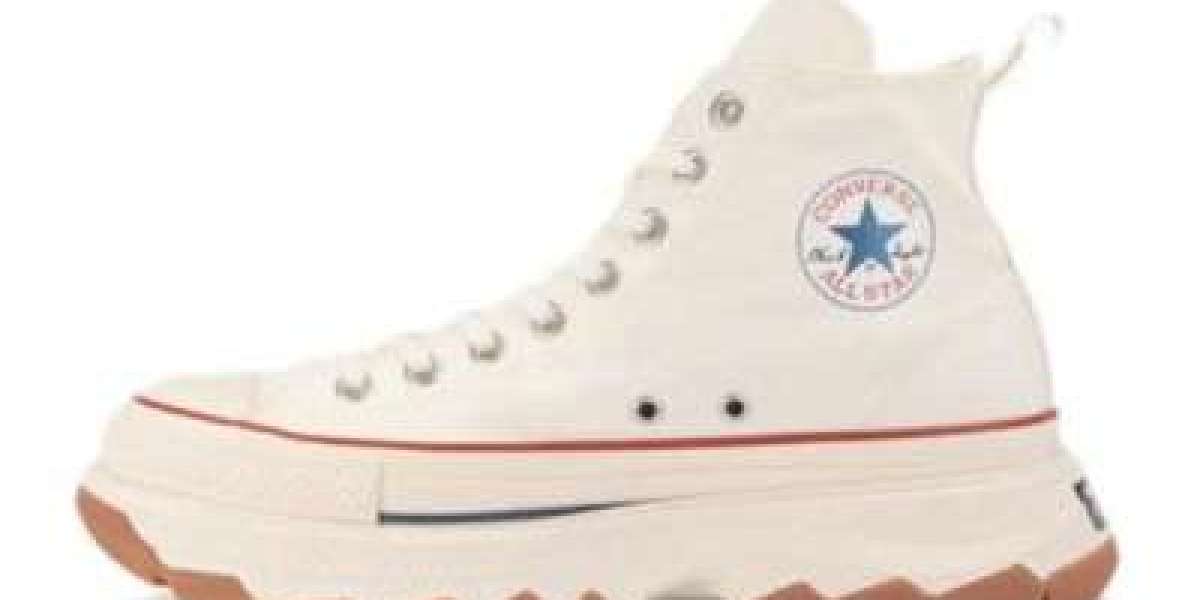In recent years, there has been a growing concern about the environmental impact of plastic waste, particularly in the food packaging industry. As a result, there has been a shift towards more sustainable alternatives, such as biodegradable packaging materials. One such innovative solution is the biodegradable pulp molded sausage packaging tray. In this blog post, G-COVE will supply you with the features and benefits of this eco-friendly packaging option and how it can contribute to a more sustainable future.
1. Biodegradability and Compostability
One of the key features of the biodegradable pulp molded sausage packaging tray is its ability to biodegrade and compost. Unlike traditional plastic packaging, which can take hundreds of years to break down, these trays are made from natural fibers, such as bamboo and bagasse, that can decompose within a matter of months. This means that they can be disposed of in composting facilities, where they will break down into organic matter, leaving behind no harmful residues.
2. Renewable and Sustainable Material
The materials used to produce biodegradable sausage packaging trays are derived from renewable resources. Bamboo and bagasse are fast-growing plants that require minimal water and no pesticides or fertilizers to grow. By using these materials, we reduce our reliance on fossil fuels and contribute to the preservation of natural resources. Additionally, the production of these trays generates fewer greenhouse gas emissions compared to traditional plastic packaging, further reducing their environmental impact.
3. Excellent Protective Properties
Despite being biodegradable, pulp molded sausage packaging trays offer excellent protective properties for the products they contain. The trays are designed to provide cushioning and support, ensuring that sausages are well-protected during transportation and storage. The natural fibers used in the trays have inherent shock-absorbing qualities, making them an ideal choice for fragile food items. Moreover, these trays can withstand temperature variations, maintaining the freshness and quality of the sausages.
4. Customizable and Versatile Design
Biodegradable pulp molded sausage packaging trays can be customized to meet specific product requirements. Manufacturers can easily adjust the dimensions, shape, and compartments of the trays to accommodate different sausage sizes and quantities. This versatility allows for efficient use of space during packaging and reduces the need for additional materials. Furthermore, the trays can be branded with logos or product information, enhancing the visual appeal and marketing potential of the packaging.

5. Water and Oil Resistance
One common concern with biodegradable packaging materials is their resistance to moisture and oil. Fortunately, pulp molded sausage packaging trays are designed to be water and oil resistant. Through a combination of natural additives and a molding process that enhances the material's structure, these trays can effectively prevent liquid leakage and maintain the integrity of the packaging. This feature is particularly important for food products like sausages, which often contain oils and juices.
6. Easy Disposal and Recycling
When it comes to the end of their lifecycle, biodegradable sausage trays can be easily disposed of or recycled. As mentioned earlier, these trays are compostable, meaning they can be added to composting facilities and contribute to the production of nutrient-rich soil. Alternatively, they can be recycled through specialized recycling programs that accept biodegradable packaging materials. This ensures that the trays are diverted from landfills and can be used to create new products, closing the loop on the recycling process.
Conclusion
The features of biodegradable sausage trays make them an excellent choice for sustainable food packaging. Their biodegradability, renewable materials, protective properties, customizable design, water and oil resistance, and easy disposal and recycling options make them a viable alternative to traditional plastic packaging. By adopting these trays, food manufacturers and consumers can contribute to reducing plastic waste and promoting a more environmentally friendly approach to packaging. As we strive for a greener future, embracing innovative solutions like biodegradable pulp molded sausage packaging trays is a step in the right direction.
https://www.g-cove.com/Features-of-biodegradable-pulp-molded-sausage-packaging-tray.html








